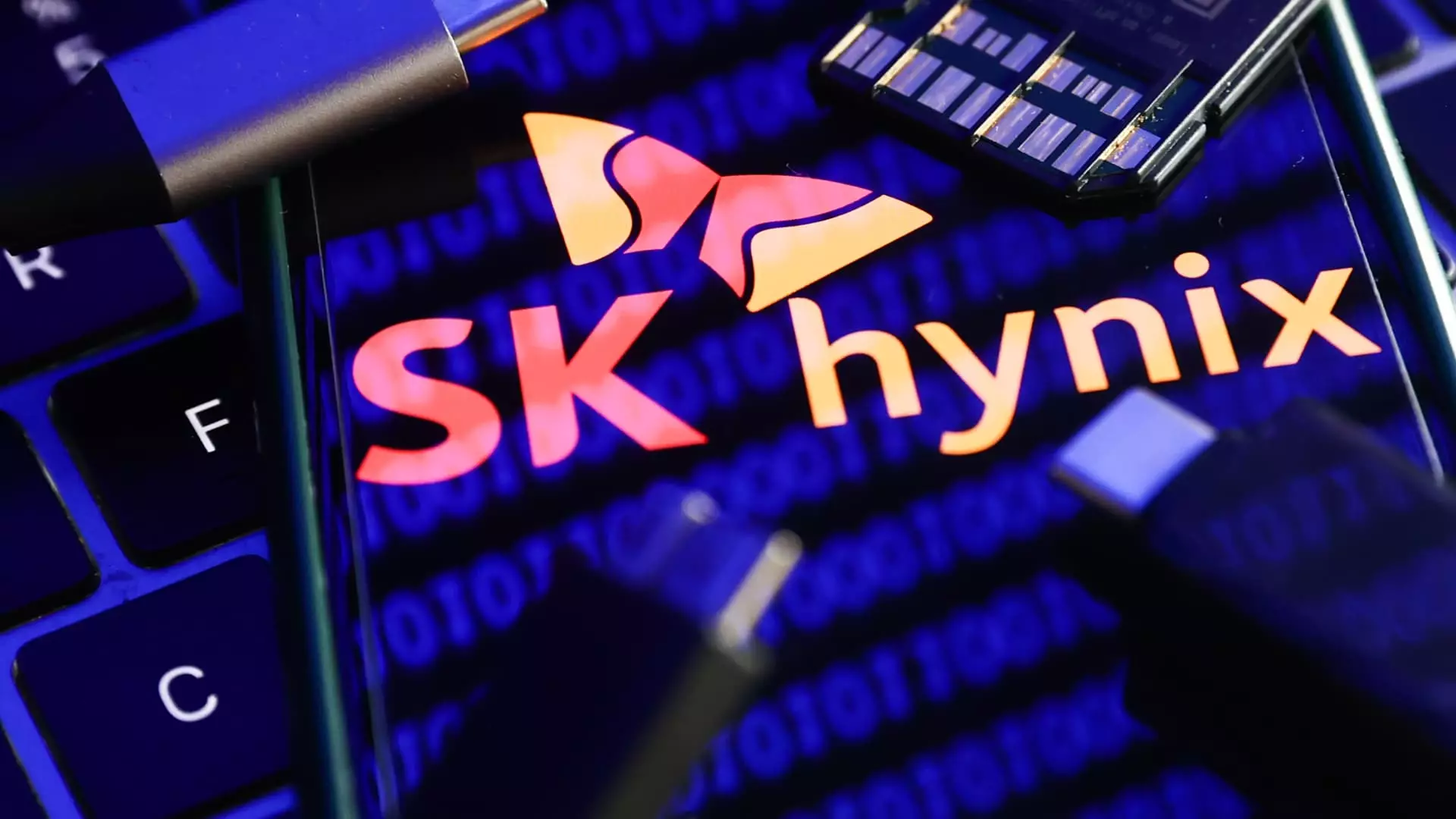SK Hynix, a major player in the memory chip industry, recently announced its plan to invest $3.87 billion in its first chip packaging facility in the United States. This move is seen as a significant win for the Biden administration’s initiatives to bring chip manufacturing back to American soil. The project, based in West Lafayette, Indiana, aims to bolster the local semiconductor ecosystem while creating over a thousand new jobs in the region.
The new facility, scheduled to be operational by 2028, will focus on producing high-bandwidth memory chips used in advanced technologies like Nvidia GPUs for AI systems. SK Hynix CEO Kwak Noh-Jung expressed excitement about being the first in the industry to establish a cutting-edge packaging facility for AI products in the U.S. He emphasized the importance of strengthening supply-chain resilience and supporting local semiconductor development.
The investment by SK Hynix is part of a larger trend of increased semiconductor manufacturing investments in the United States following the passage of the U.S. CHIPS and Science Act. This legislation offers incentives for companies to bring chip production back to the country, with a focus on safeguarding the economy and national security. Sen. Todd Young of Indiana highlighted the positive impact of the CHIPS Act in attracting companies like SK Hynix to contribute to America’s technological future.
SK Hynix is not the only Asian semiconductor giant eyeing opportunities in the U.S. Samsung from South Korea is investing in a $17 billion chip fabrication plant in Texas, while Taiwan’s TSMC has committed $40 billion for two foundry chip facilities in Arizona. These moves reflect a growing emphasis on establishing a stronger domestic chip industry and reducing reliance on foreign suppliers.
SK Hynix’s significant investment in a new chip packaging facility in the U.S. is a positive development for the American semiconductor industry. By expanding its operations and creating local job opportunities, the company is contributing to the growth of the country’s technology sector. This initiative, along with similar investments by other global players, signals a promising future for the U.S. chip manufacturing landscape.


Leave a Reply